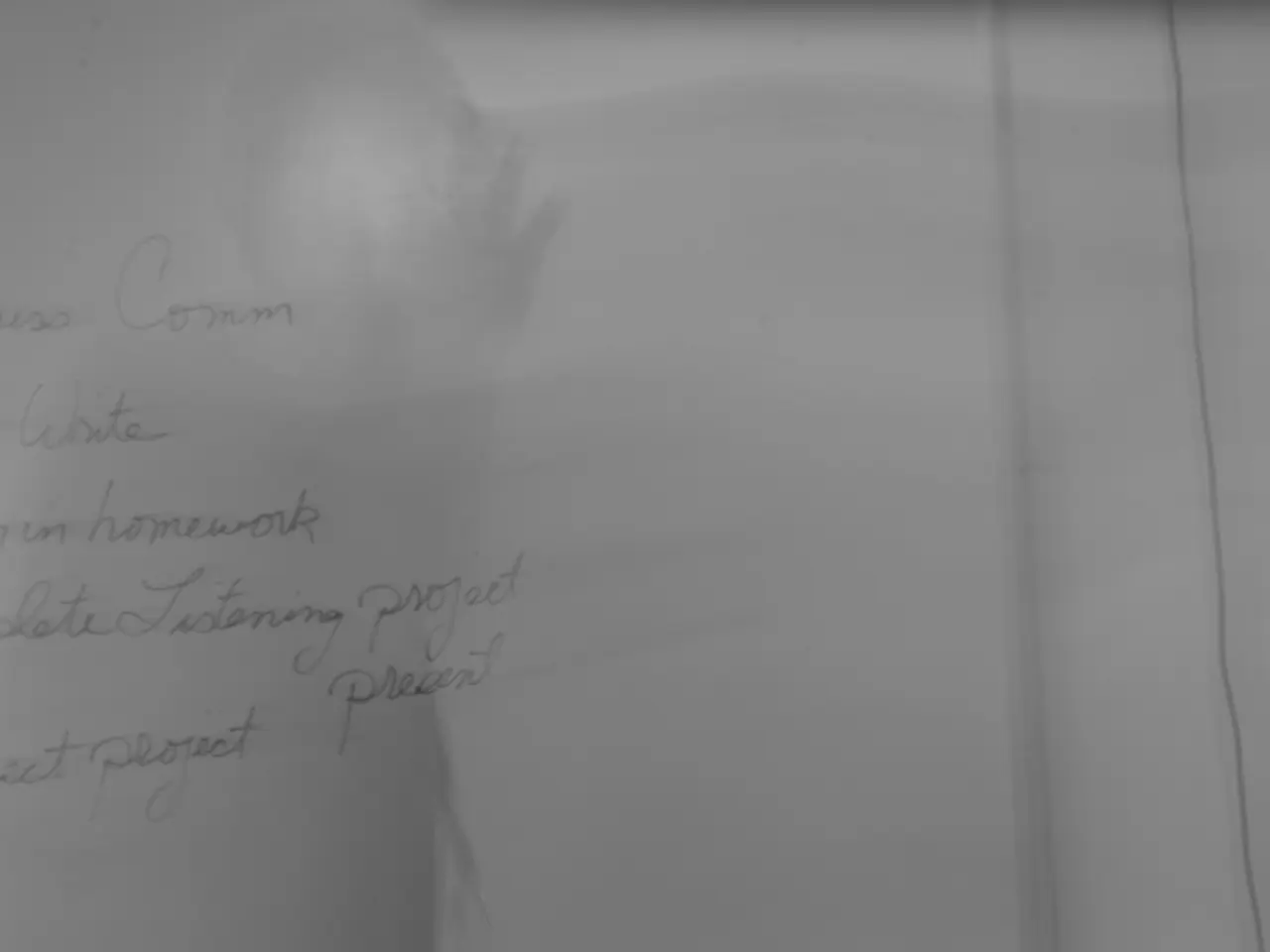Managing Success: Juggling Your JP Commitments with a Heavy Academic Schedule
Preparing for the Junior Paper: A Guide for Princeton Juniors
As the spring semester progresses, the deadlines for many Princeton majors' Junior Papers (JPs) are fast approaching. This major research essay requires careful planning and execution, and to manage it effectively while balancing a full course load and extracurricular commitments, here are some strategies to consider.
Break It Down
Breaking the JP into smaller, manageable tasks such as research, outlining, writing, and editing, and scheduling each step separately is key. Instead of attempting to do everything at once, this approach allows for a more manageable workload and steady progress.
Organize Your Time
Using organizational tools can help streamline the process. Combining a paper calendar and a digital calendar or spreadsheet can help track deadlines, classes, extracurricular activities, and JP milestones.
Prioritise Tasks
Regularly prioritising tasks is essential. What was a priority last week might change, so it's important to focus on the most urgent and important tasks while allowing breaks to recharge.
Establish a Routine
Establishing a consistent routine early in the semester can help balance academics and extracurriculars. This approach ensures that time is allocated effectively and that the JP does not become an afterthought.
Align Your Choices
Where possible, aligning your course and extracurricular choices with your JP topic can help streamline your workload and deepen your focus.
Seek Mentorship and Support
Discussing your JP topic and time management strategies with your faculty mentor or advisor can provide guidance tailored to your situation. Engaging with advisers and showing interest in the work is important for receiving valuable advice from experts in the field.
Create a Realistic Timetable
Creating a realistic timetable that includes buffer times for unexpected issues and regularly reassessing to stay on track without overload is crucial.
Additional Resources
The Office of Undergraduate Research website hosts independent work guides and resources that can support JP research and writing. The Writing Center offers appointments for discussing and organising thoughts, overcoming writer's block, or seeking a sanity check. McGraw Learning Consultants are available for general advice on balancing learning and living, overcoming habits, or formulating a plan of action.
Enjoy the Process
A slow, steady, consistent approach to independent work is recommended to ensure the work gets done and the process is enjoyable. Building a routine for independent work requires consistency, planning, and a realistic eye. Deliberate work is essential for the JP, as it presents a daunting challenge for any Princeton junior.
Amaya Dressler '25, the Social Sciences Correspondent, has written this article to help guide Princeton juniors through the Junior Paper journey. Remember, with the right approach, the JP can be a rewarding experience that enhances your academic journey.
The article does not mention academic deans' availability for discussing potential ways of making the schedule more manageable if coursework is interfering with the ability to get the JP done, the Writing Center's mascot, or the writing process being broken up into multiple components: brainstorming, drafting, and editing.
In the journey of preparing for the Junior Paper, undergraduate research can be a valuable addition that potentially aligns with your course and extracurricular choices, deepening your focus. Self-development and personal-growth are noteworthy advantages of this process, as independent work fosters learning and enables you to enjoy the experience. Utilizing educational resources, such as the Office of Undergraduate Research, the Writing Center, and McGraw Learning Consultants, can provide essential guidance and support during your research and writing.




